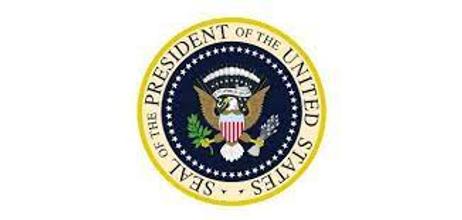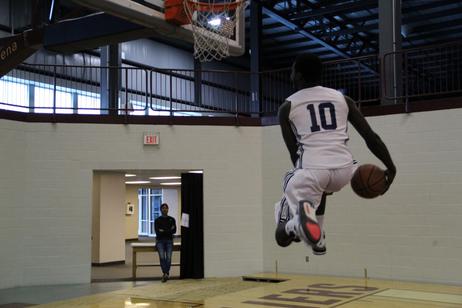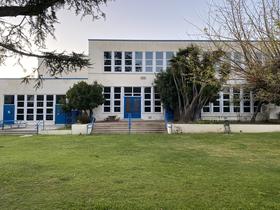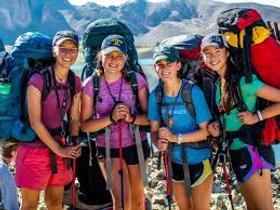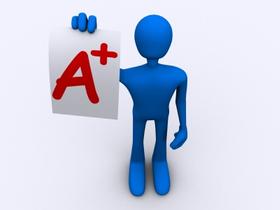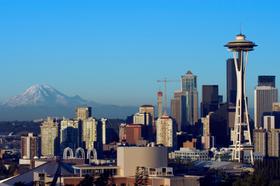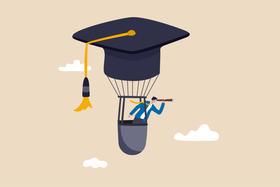Not many schools existed in colonial times in our young nation. The dearth of schools makes you wonder what forces shaped the philosophies and thinking of the men who became our first sixteen presidents. In the 18th and early 19th-centuries, formal education usually took place in a small, intimate setting in the home of a minister. Lessons included what we now call core subjects, i.e., reading, writing, and mathematics. Teachers also taught the Scriptures and classical languages.
In pre-Revolution days, occasionally young men were sent off to England to study in boarding or public schools there. Many of these early presidents matriculated to colleges such as William and Mary, Harvard, Princeton and the University of North Carolina, back in the days when these institutions were just becoming established. Politics, agriculture, law, and the armed services figure prominently in the career paths of these distinguished men in many cases. Other presidents came to the job with very little formal education. What follows are snapshots of these remarkable leaders.
1 - George Washington
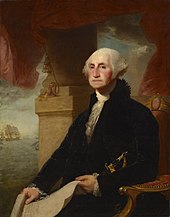 President from April 30, 1789 to March 4, 1797. No party affiliation.
President from April 30, 1789 to March 4, 1797. No party affiliation.
Born: February 22, 1732, Westmoreland County, Virginia, Virginia
Died: December 14, 1799, Mount Vernon, Virginia
Our first President, George Washington, was homeschooled and self-taught. His formal education consisted of lessons in mathematics, reading, and writing. Scholars seem to think that George attended classes with

